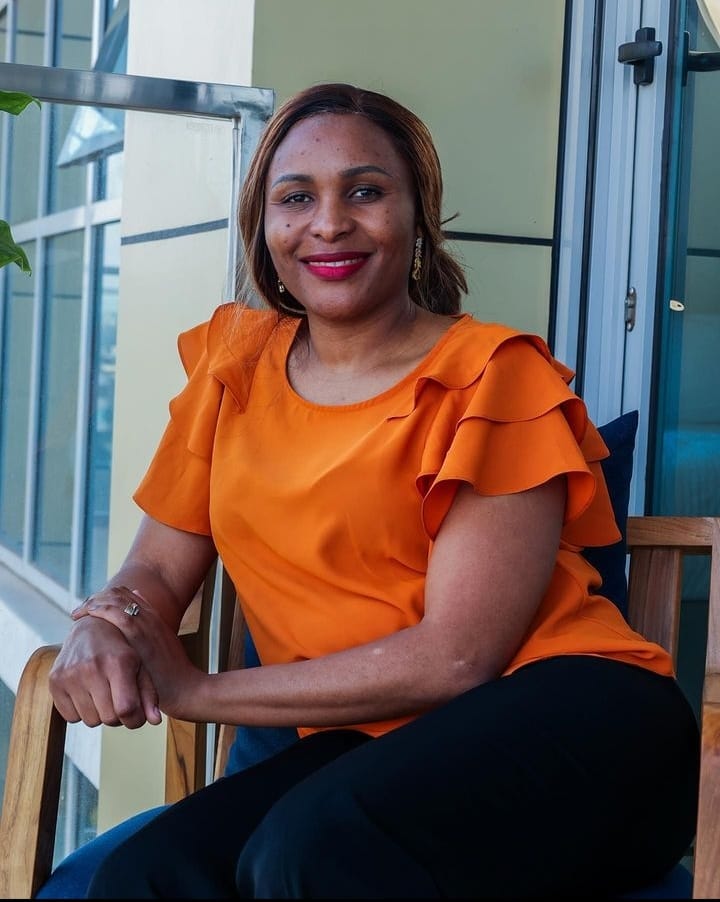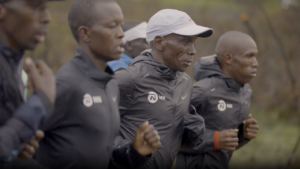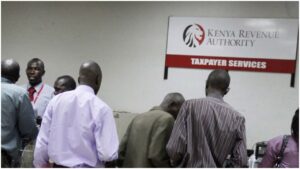Advancing Gender Equality: A Comprehensive Examination of Gender Dynamics Post-COP28

As the curtains fall on COP28 in Dubai, a critical examination of the significant underrepresentation of women in the discourse becomes paramount, with only 15 out of 140 speakers being female. This imbalance takes on added significance when considered within the broader context of discussions at COP28, which encompassed crucial issues such as climate finance and loss and damage.
This comprehensive exploration aims to shed light on the imperative of gender equality in these discussions, recognizing the multifaceted impacts of climate change and the importance of diverse perspectives.
Section 1: Unpacking COP28 Discussions
COP28 served as a platform for robust discussions, notably on climate finance and loss and damage. Climate finance emerged as a vital support mechanism for sustainable practices in developing nations, while loss and damage finance underscored the urgency of addressing the impacts of climate change on vulnerable communities. Amid these discussions, the gender gap became evident, highlighting the need for inclusivity and gender equality.
Section 2: The Strategic Value of Gender Diversity
Diverse teams, inclusive of both men and women, consistently demonstrate superior innovation and problem-solving capabilities. Research findings, such as those by McKinsey & Company, emphasize that gender diversity is not merely a moral imperative but a strategic advantage. Against the backdrop of COP28, where intricate challenges related to climate change were addressed, the absence of diverse perspectives fostered by gender equality raises concerns about the comprehensiveness and effectiveness of proposed solutions.
Section 3: Women’s Unique Contributions to Climate Policy
Women, often bearing the disproportionate impacts of environmental crises, bring unique insights and experiences to the table. These insights are particularly valuable in shaping climate policies, including those related to climate finance and loss and damage. Integrating a gender lens into these discussions is not merely about meeting a quota but recognizing the pivotal role that women play in building resilience and adapting to the multifaceted impacts of climate change.
Section 4: Historical Gender Disparities in Global Climate Discussions
Despite progress in recent years, the historical lack of female representation in global climate discussions remains a persistent issue. The underrepresentation of women at COP28 is not an isolated incident but part of a broader pattern that hinders a holistic approach to addressing interconnected challenges in climate change, finance, and adaptation. Confronting and dismantling these systemic barriers is crucial for fostering an inclusive environment that allows women to actively participate in decision-making processes.
Section 5: Empowering Women Through Initiatives
Initiatives such as “Leadhers Africa” underscore the importance of empowering women to assume leadership roles and actively shape policies that impact their lives. These initiatives contribute to breaking down societal barriers and creating pathways for women to contribute meaningfully to global conversations. Recognizing and supporting such initiatives is vital for creating a more equitable and inclusive representation in future climate summits.
Section 6: Integrating Gender Equality into Climate Finance and Loss and Damage Discussions
The urgency of addressing climate change and its impacts demands a holistic and inclusive approach. Integrating a gender lens into discussions on climate finance and loss and damage is not just a symbolic gesture; it is an acknowledgment of the intertwined nature of social and environmental challenges. By ensuring that women’s voices are not only heard but actively considered, we enhance the effectiveness and sustainability of policies crafted in response to the challenges discussed at COP28.





